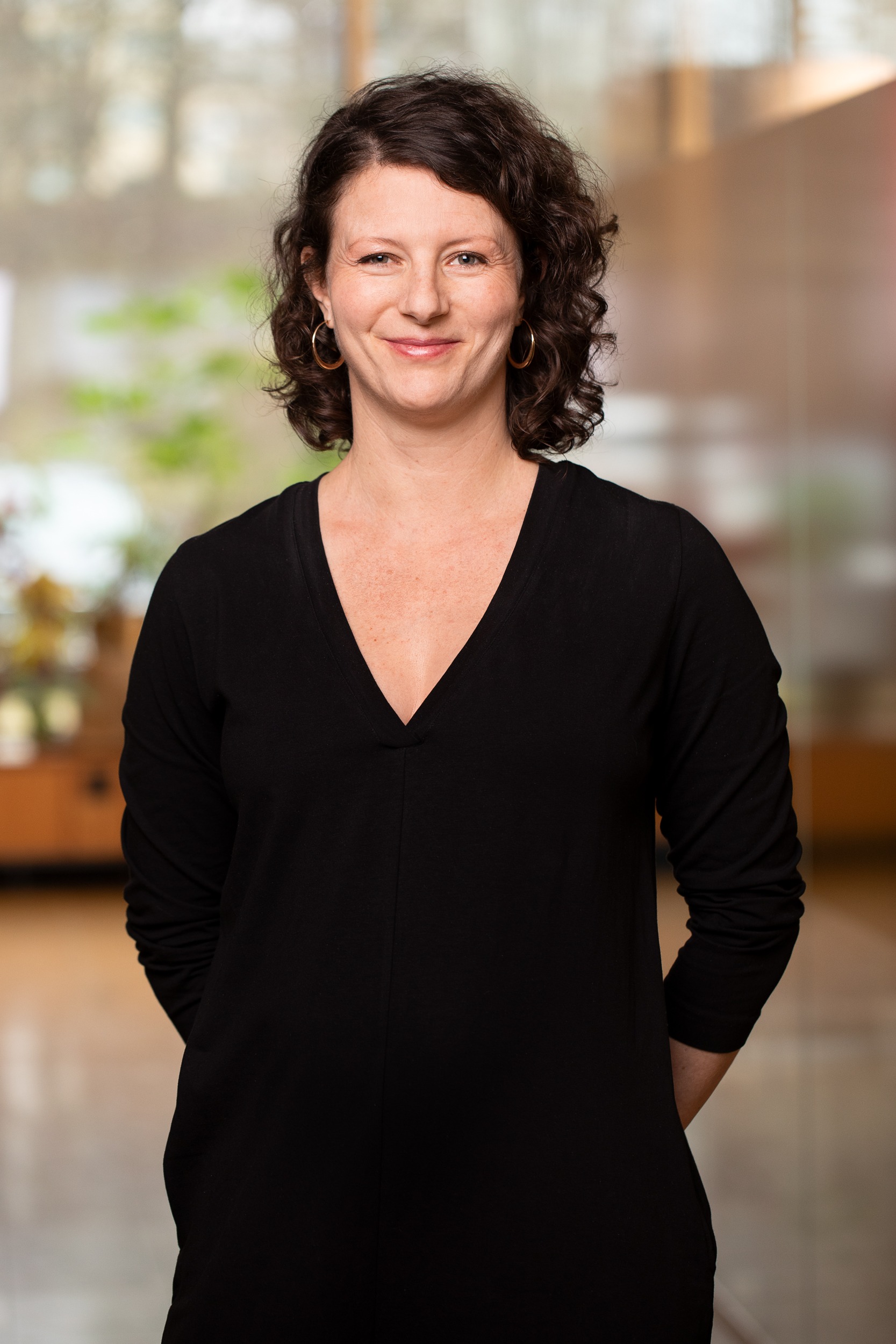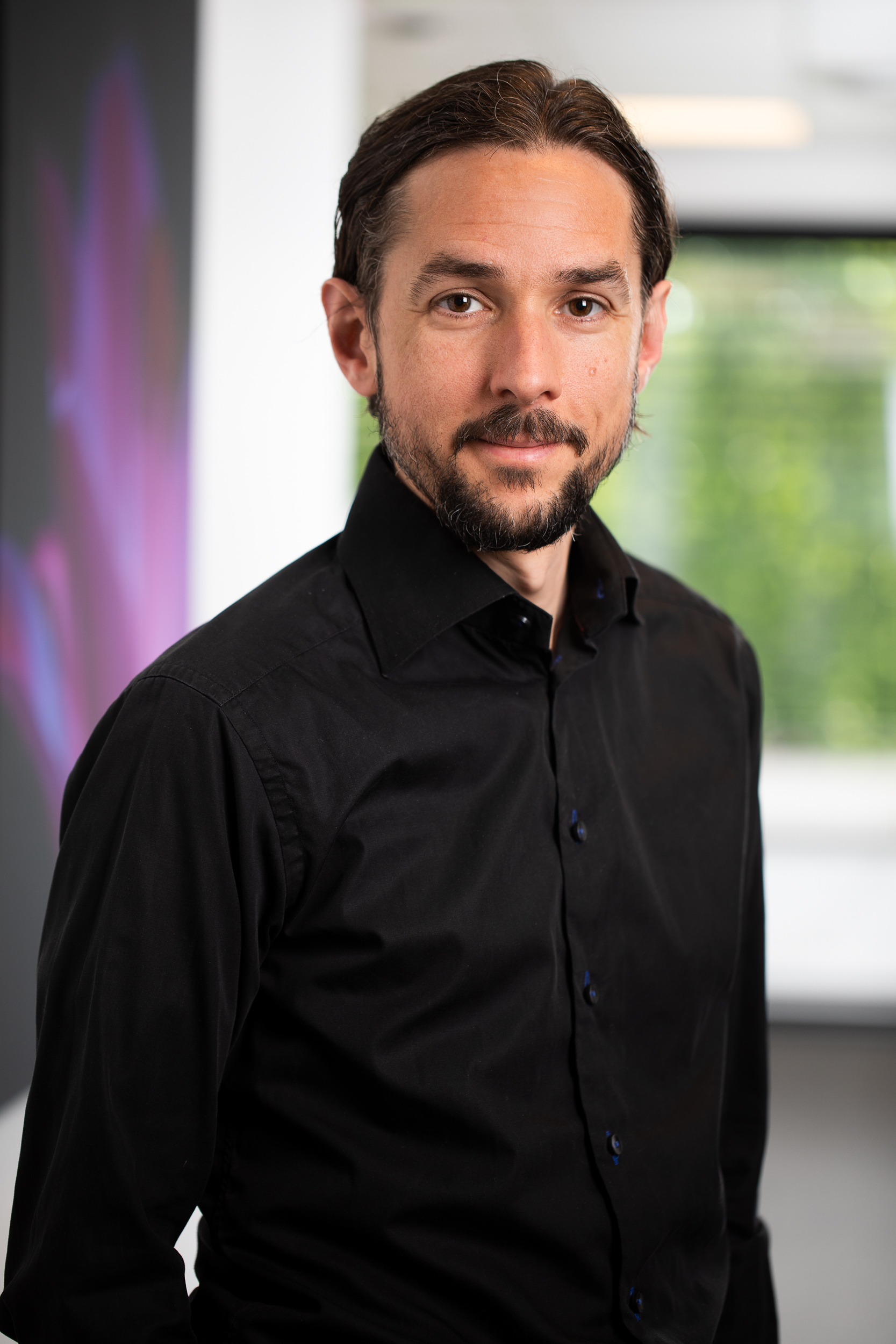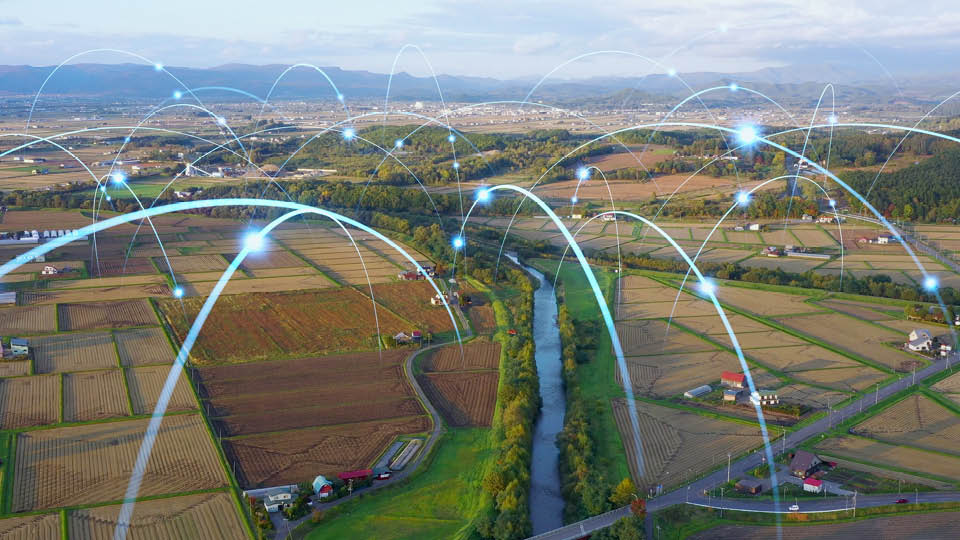Digital Twin for Positive Energy Districts – DT4PED

The aim of the DigitalTwins4PEDs project is to develop a quality assurance process using a Digital Twin energy model in three pilots sites to ensure energy performance in an entire neighbourhood and thus a positive energy balance throughout the entire process.
Positive Energy Districts (PED) are a piece of the puzzle for the goal of climate neutrality in the coming decades. It is a great challenge to reconcile the different requirements of developers, planners, city administrators, and other stakeholders. In addition, there are technical and social challenges due to increased energy production in these neighbourhoods.
The implementation of PEDs requires the participation of building owners, planners, and other stakeholders in a longer process of neighbourhood development, as the integrated energy systems become more complex. However, in the future, these renewable energy systems situated in the neighbourhoods will cover the energy demand for buildings, mobility and supply/disposal to bring forward a positive energy balance.
We can see from existing PED projects the need for a trusted intermediary for urban area development to balance the interests of different stakeholders. A central, digital energy model for the buildings and the energy system also provides the necessary support for trusted intermediaries to be able to cover the requirements of the different process steps.
This project develops a Quality Assurance method for PEDs by applying Digital Twin models from early design phases onwards. This Digital Twin Quality Assurance concept will be tested and analysed in three different living labs in the three participating countries. By designing a business model for Digital Twins for PEDs and disseminating the experiences and concepts, this approach is also to be used for other neighbourhood projects. The three living lab demonstration sites will be built in Sweden, Austria, and Turkey.
You can read more about the project in this brochure.
Press release published on 2 July 2024 “A digital twin is being developed to explore the path to Sweden’s first energy-positive and climate-neutral area”. Read it here. (in Swedish)
The Applied AI at Chalmers Industriteknik contributes with expertise to the development and review of the quality assurance process for PEDs by using Digital Twins.
Illustration: Chalmers University
Facts
Dialogue and Quality Assurance Support for PEDs by Digital Twin District Energy Models (DT4PEDs)
The project runs from October 2022 to September 2025. Funded by JPI Urban Europe, Viable Cities – the Swedish Energy Agency
Project coordinator: Camilla Rampinelli from e7 energy innovation & engineering (Austria)
Turkish team coordinator: Ilker Dursun from Sakarya University of Applied Sciences
Swedish team coordinator: Liane Thuvander från Chalmers
Phone: + 46 (0)76-227 58 57, Mail: liane.thuvander@chalmers.se





